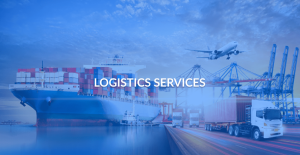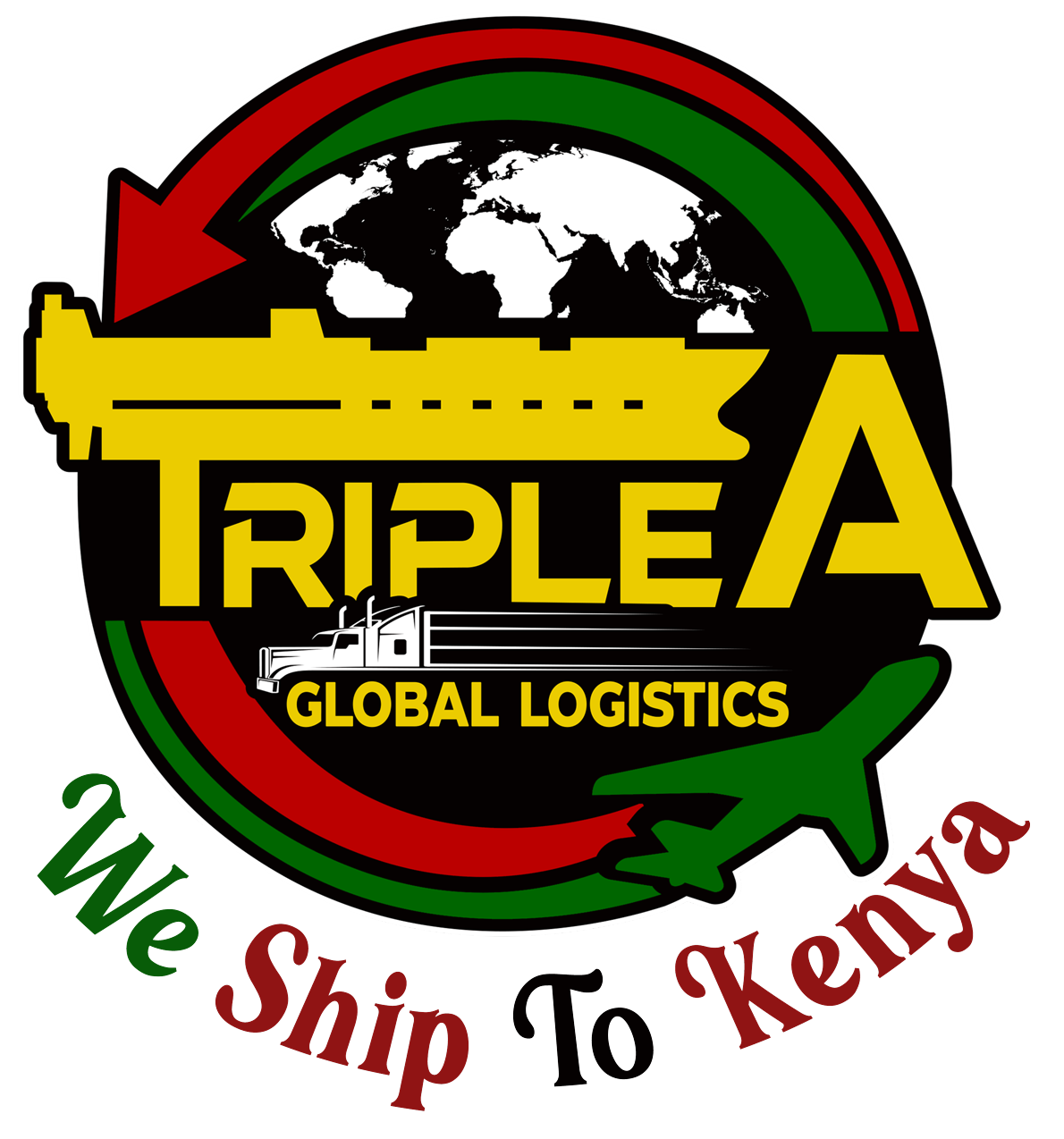Call Us:
+44(0)2039579445
+254 111 81 81 81
Mail Us:
info@tripleafreight.co.uk
Triple A
 Logistics as a Service (LaaS) is a transformative concept reshaping the traditional supply chain landscape. In today’s fast-paced business environment, companies constantly seek innovative solutions to streamline operations and gain a competitive edge. LaaS emerges as a viable option, offering a comprehensive suite of logistics services tailored to meet the dynamic demands of modern businesses.
Logistics as a Service (LaaS) is a transformative concept reshaping the traditional supply chain landscape. In today’s fast-paced business environment, companies constantly seek innovative solutions to streamline operations and gain a competitive edge. LaaS emerges as a viable option, offering a comprehensive suite of logistics services tailored to meet the dynamic demands of modern businesses.